By Onur Sinan Güzaltan
New developments are unfolding rapidly in West Asia.
Days go by with analyses like “The war is now imminent” and “Now today it is even more imminent”. In reality, the war has already started. We are living it. History will write it as such. We simply refrain from naming it.
Yes. Let’s return to the topic in the title and list the information and analysis on the relations between Russia and Israel, which is becoming increasingly tense and even tending towards overt confrontation:
1. It has been announced that a strategic cooperation agreement between Russia and Iran will be signed soon (likely at the BRICS summit in Kazan on October 22-24). While details aren’t certain yet, the emphasis is on cooperation against Western sanctions. The critical aspect is military cooperation, though no concrete information or analysis on this exists yet either.
2. Iran struck Tel Aviv right after Russian Prime Minister Mishustin’s visit in Tehran. Note this.
3. There are claims that Netanyahu sought to talk with Putin both before and after Iran’s strike but was rebuffed by the Russian President. The Kremlin’s statement that no dialogue is planned between Putin and Netanyahu supports these claims.
4. Immediately after Iran struck Israel, George Friedman, the founder of Stratfor (known as the shadow CIA) shared a post on his X account along with a map of Russia and the Middle East, and he wrote; “While the war in Ukraine has been largely contained, the Israeli-Arab war is likely to grow. If this happens, Russia will need to increase its military presence to manage the danger itself, especially after the recent Islamist terrorist attack against a Moscow theater.”
It is clear from Friedman’s words that he is threatening Russia with terrorist attacks both in West Asia and within its own borders due to its support for Iran.
5. It was claimed that just before Iran’s missile strike on Israel, Iranian aircraft delivered unknown logistics to Russia’s Hmeimim Air Base in Syria.
6. On the night of October 2-3, news appeared that Israel had struck the Hmeimim Air Base. The report appeared on Syrian state television and in Russian media. But at the time of writing this article (October 4), no official statement has been made.
The situation is clearly critical. Russia is raising the tone against the Netanyahu administration, particularly on the international stage, including at the United Nations.
Meanwhile, as understood also from Russian Foreign Ministry spokesperson Maria Zakharova’s statements, Russia warns Israeli political elites that aligning with the US is a mistake.
Given the historically positive relationship between Israel and the Soviet Union and the fact that a significant portion of Israel’s population consists of Ashkenazi Jews of Russian origin, Zakharova’s message becomes even more significant.
Since October 7, Russia has tried to maintain a balance between Israel and Iran. However, we are now witnessing Russia increasingly siding with Iran.
We can write four possible reasons for Russia’s this new positioning:
1. A strategy to weaken the US in the region through Israel;
2. Israel’s isolation with Netanyahu’s aggressive policies;
3. Israel’s more active stance against Russia in Ukraine;
4. Israel’s negative moves against the Russian economy and financial system, which is struggling with Western sanctions.
So, how might Russia respond to, if it is true, Israel’s strike on the Hmeimim base?
In a writing by Sergey Latyshev on the Tsargrad website, which is close to the Eurasianists in Russia, it is suggested that Putin will not declare war on Israel, where “half the population is Russian”. However, the article concludes by recalling Israel’s assistance to Kyiv and the downing of a Russian plane in Syria due to the force of Israeli aircraft and says “We forgave that time, but will not do that for a second time.”
The growing Russia-Iran alignment and the frequent visits of Hamas delegations to Moscow indicate that, from Putin’s perspective, the Netanyahu administration has already been written off.
The real question is whether Russia will write Israel off totally.







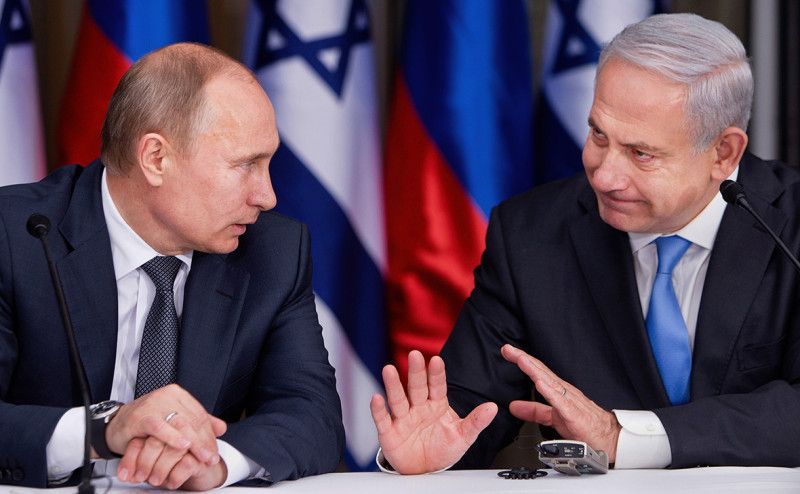
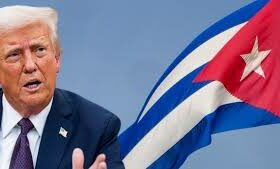



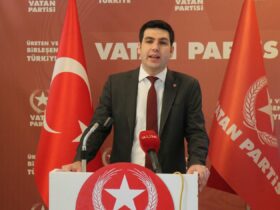
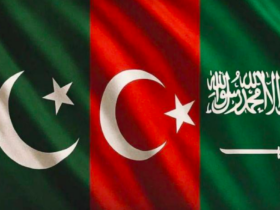
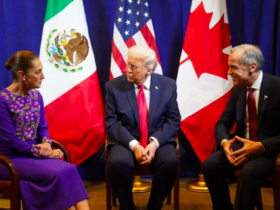


Leave a Reply